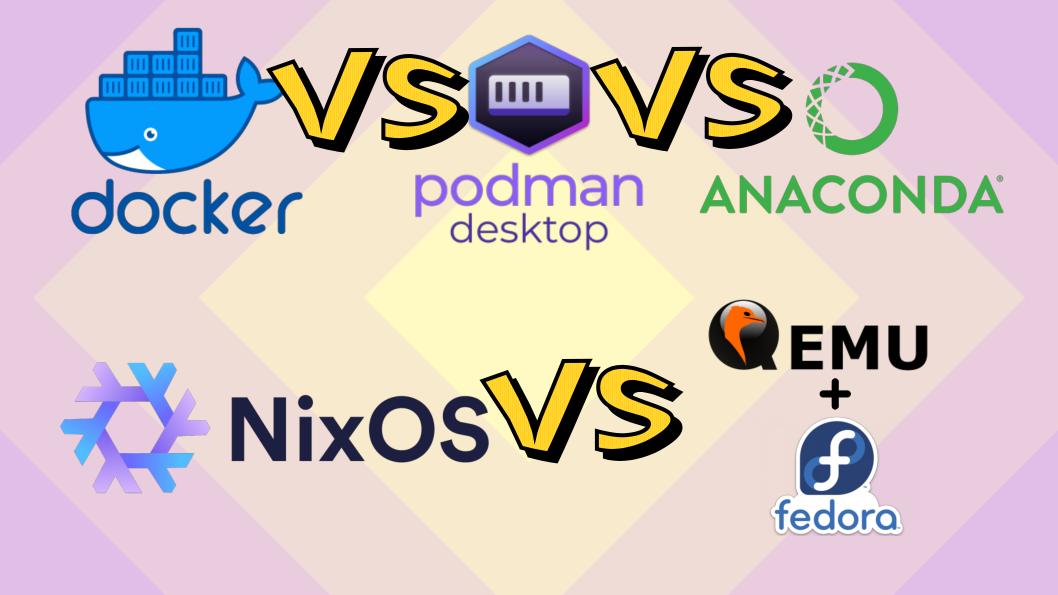this post was submitted on 16 Feb 2025
87 points (95.8% liked)
Linux
50215 readers
1655 users here now
From Wikipedia, the free encyclopedia
Linux is a family of open source Unix-like operating systems based on the Linux kernel, an operating system kernel first released on September 17, 1991 by Linus Torvalds. Linux is typically packaged in a Linux distribution (or distro for short).
Distributions include the Linux kernel and supporting system software and libraries, many of which are provided by the GNU Project. Many Linux distributions use the word "Linux" in their name, but the Free Software Foundation uses the name GNU/Linux to emphasize the importance of GNU software, causing some controversy.
Rules
- Posts must be relevant to operating systems running the Linux kernel. GNU/Linux or otherwise.
- No misinformation
- No NSFW content
- No hate speech, bigotry, etc
Related Communities
Community icon by Alpár-Etele Méder, licensed under CC BY 3.0
founded 5 years ago
MODERATORS
you are viewing a single comment's thread
view the rest of the comments
view the rest of the comments

Nix is probably the best way to get all of those things set up without shipping a whole distro, but there will be a bit of a learning curve. If you'd like something a bit easier to set up for development (still based on Nix), I'd recommend devenv.sh.
devenv.sh contains invasive telemetry that literally exfiltrates your entire repo to their servers.
Oh yeah, and Nix has the advantage that you don't need containers. If you want to run a graphical app in a container it might be tricky to access the window manager on the host system. Maybe that's why you were setting up i3? Yeah, containers are great and flexible, but they also have a variety of downsides so Nix is better ;)
I agree; and I wanted to mention that you don't need NixOS which is a full distro. Nix the package manager can be installed on any Linux distro, on Macos, or on Windows with WSL. You can set up your reproducible environment by including a devenv config in your repo, or a Nix flake.
There is documentation available for flakes here: https://zero-to-nix.com/concepts/flakes/